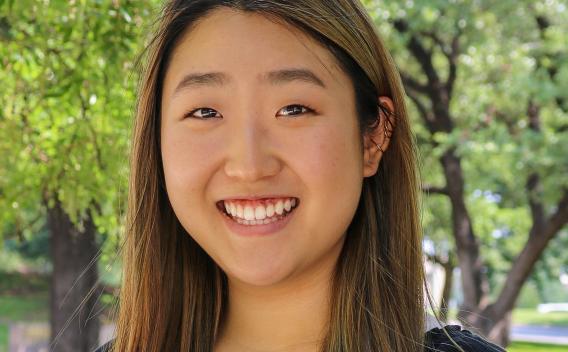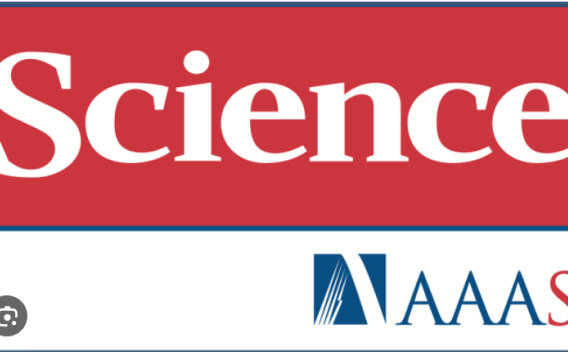Yue Lab
Center for the Genetics of Host Defense
Department of Immunology
The Yue Lab focuses on developing translational immunology platforms to uncover the molecular and cellular mechanisms underlying immunotherapy resistance and to design next-generation cancer immunotherapies.

Dr. Yue obtained his Ph.D. from the University of Texas Southwestern Medical Center (UTSW), where he studied tumor suppressor signaling pathways and identified crucial tumor suppressors. During his postdoc training under Nobel Laureate Dr. Bruce Beutler and renowned cancer immunologist Dr. Yang-xin Fu, he conducted genetic screening to investigate T cell-mediated immune responses, and subsequently designed novel Interleukin-2-based immunotherapeutic molecules that specifically activate immune cells within the tumor microenvironment. He is currently a tenure-track assistant professor in the Center for the Genetics of Host Defense, the Kidney Cancer Program at the Simmons Comprehensive Cancer Center, and the Department of Immunology at UTSW. Established in 2022, the Yue lab focuses on cancer immunology, aiming to generate a cutting-edge translational immunology platform for biomarker discovery and immunotherapy development. The research in our lab is supported by funding from NIH, the NCI Kidney Cancer SPORE program, CPRIT Individual Investigator Research Award, Rally Foundation Pediatric Cancer Research Career Development Award, American Cancer Society Institutional Research Grant Award, and UT Southwestern.
Explore opportunities for graduate students, post-docs, and research technicians.
See lab members

Interested in our research? Get in touch to find out ways to collaborate
Get in touch